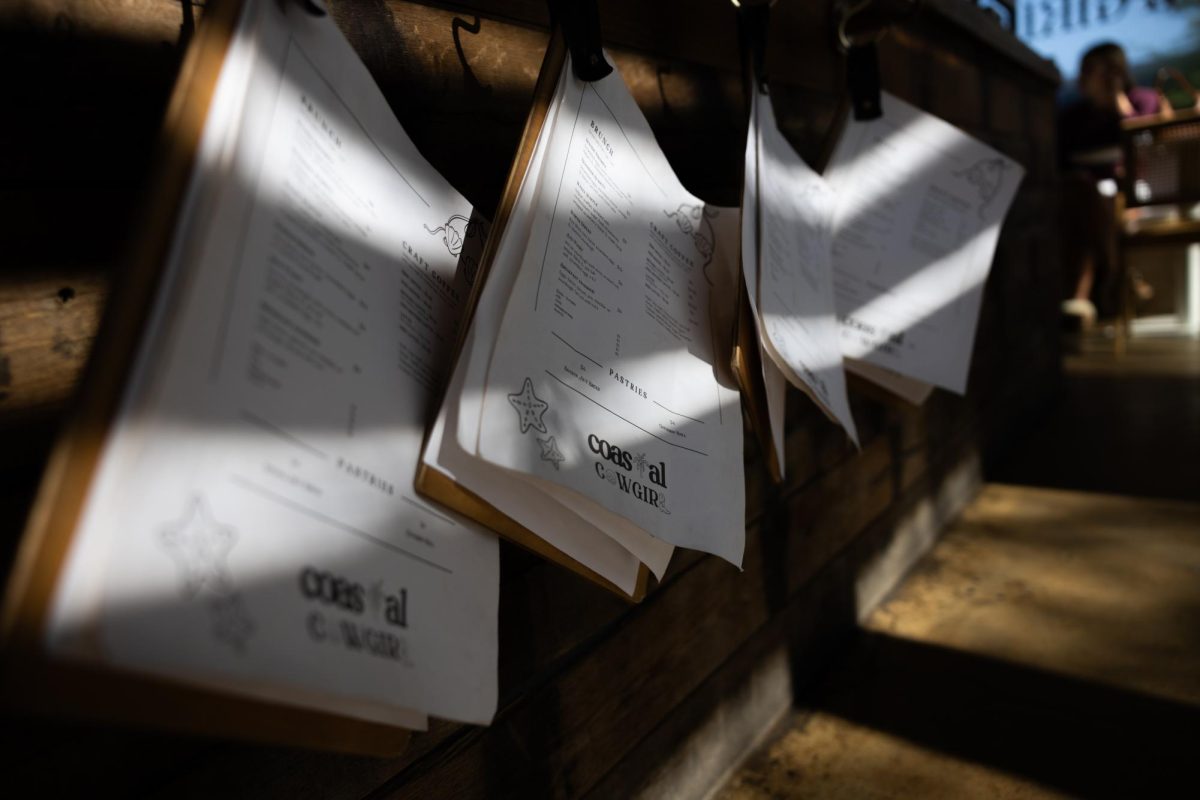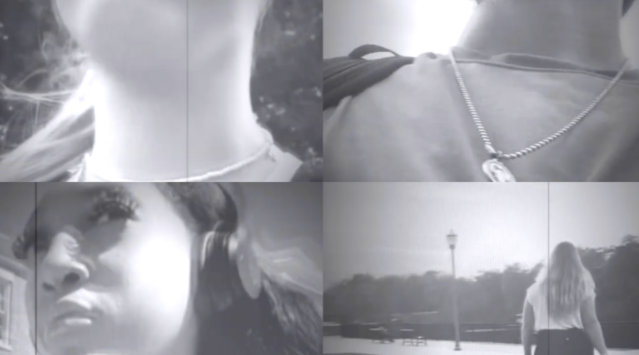For my entire life, Halloween and Thanksgiving have never been the reason why the months of October and November are special. For me, these months signify a time to reflect on the previous year and welcome the next one. This sounds like New Year’s, and in some ways, it is, but what I’m talking about is Diwali.
Perhaps the best known of all Indian festivals, Diwali is the festival of lights. It is called this because the common practice is to light candles or small oil lamps, called diyas, and place them around the home. The festival is a five-day celebration that occurs on the fifteenth day of the Hindu month of Kartika, which occurs during October or November and varies from year to year.
Diwali means something different to people across the world. For those from North India, like my parents, Diwali celebrates the Prince Rama and his wife Sita’s return to their palace in Ayodhya after they were banished by their father, the King. According to the story, Rama and Sita were exiled for 14 years before Sita was kidnapped by the 10-headed demon, Ravana. Eventually, with the help of the monkey warrior, Hanuman, Rama rescued his wife. The people of Ayodhya lit diyas in rows to help guide Rama and Sita back home. On their return, Rama was crowned king. The term Diwali actually means “rows of lighted lamps.”
Diwali is similar in thought to New Year’s, but it reminds me of Christmas. Unlike most Americans, I don’t celebrate Christmas. For my family and others like mine, Diwali fills this role. This is the time of year when my family exchanges gifts, eats a special meal, worships Lakshmi, the goddess of wealth and good fortune, and honors Ganesh, the god of wisdom and good luck. Although I didn’t get to see my parents Tuesday, I will see them soon and celebrate belatedly. Until then, Happy Diwali!








